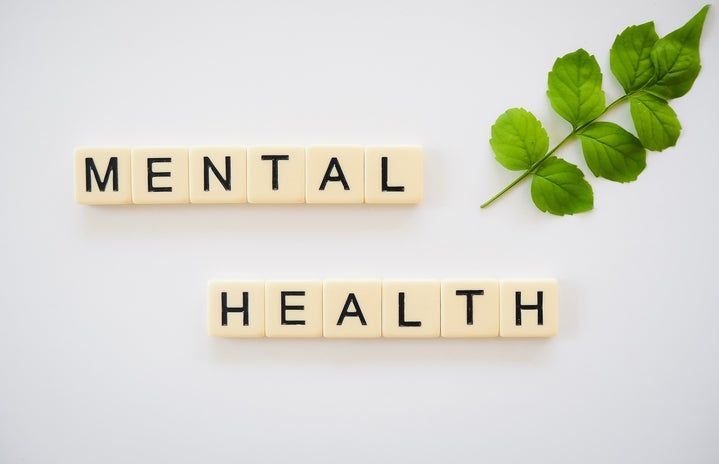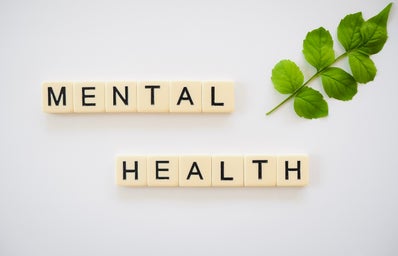TW: This article contains content that may be triggering for people who experience with OCD. This article reflects the writer’s own personal experiences and does not speak for a group as a whole.
Everyone has seen the videos in middle school health class of people washing their hands over and over, flipping light switches on and off, and checking to see that the stove is off.
We have all heard the cliche “I’m just so OCD I need to make my bed” and the hyperbolic description of wanting something to be clean. But do people really understand the depth of what Obsessive Compulsive Disorder can be and what it does to a person?
Only about two percent of the population suffers from this disorder and as a part of this two percent, I want people to understand the truth of OCD.
What OCD is really like
I suffer from PTSD, generalized anxiety disorder, and Obsessive Compulsive Disorder. But my OCD definitely affects me far more than anything else, and, it essentially fuels the rest of my mental illnesses.
There are many different ways OCD can affect a person and there are many types. Although checking and cleaning are part of the disorder, not everyone with the disorder experiences those things and there are so many more symptoms that most people don’t really know about.
Symptoms
The majority of people with this disorder experience severe intrusive thoughts that can cause the rest of the symptoms. An intrusive thought is defined as unwanted thoughts that come into your head without warning. Although everyone experiences intrusive thoughts, people with OCD obsess about and cannot let go of these thoughts (hence the word obsessive in the disorder’s name).
Intrusive Thoughts
Intrusive thoughts with this disorder can range from ideas of violence, to sexual thoughts, to thoughts about self harm. This then causes the person to have compulsions (such as counting, cleaning, doing a routine, etc.) in order to try and cope with the intrusions or make them go away. This can be debilitating and cause the sufferer to distance themselves from family and friends because of the guilt they feel over these things and thoughts.
Why we need to talk about this
It is important for people to learn about these different symptoms in order to stop the stereotypes of OCD. The stereotypes of this disorder are destructive and invalidating to those suffering and having their entire lives affected.
As someone who experiences OCD every single day, it is so hard to watch people joke about having this disorder, as it is something I would not wish upon my own worst enemy.
The people who endure this torturous mental illness understand that they will live with it for their whole lives and it will have an affect on who they are and what they do all the time. It is so important to break the stigma and stop these stereotypes against OCD in order to empathize with and help its victims. OCD is so much more than flipping light switches and checking stoves. Even though it involves those things, it is so much more invasive and harmful than that.


